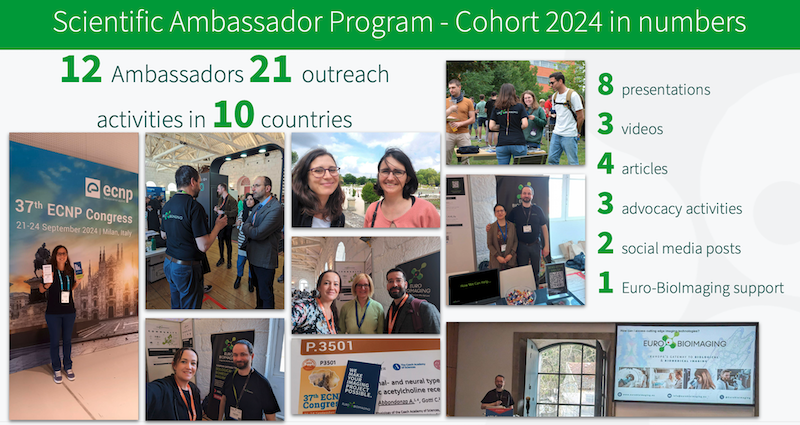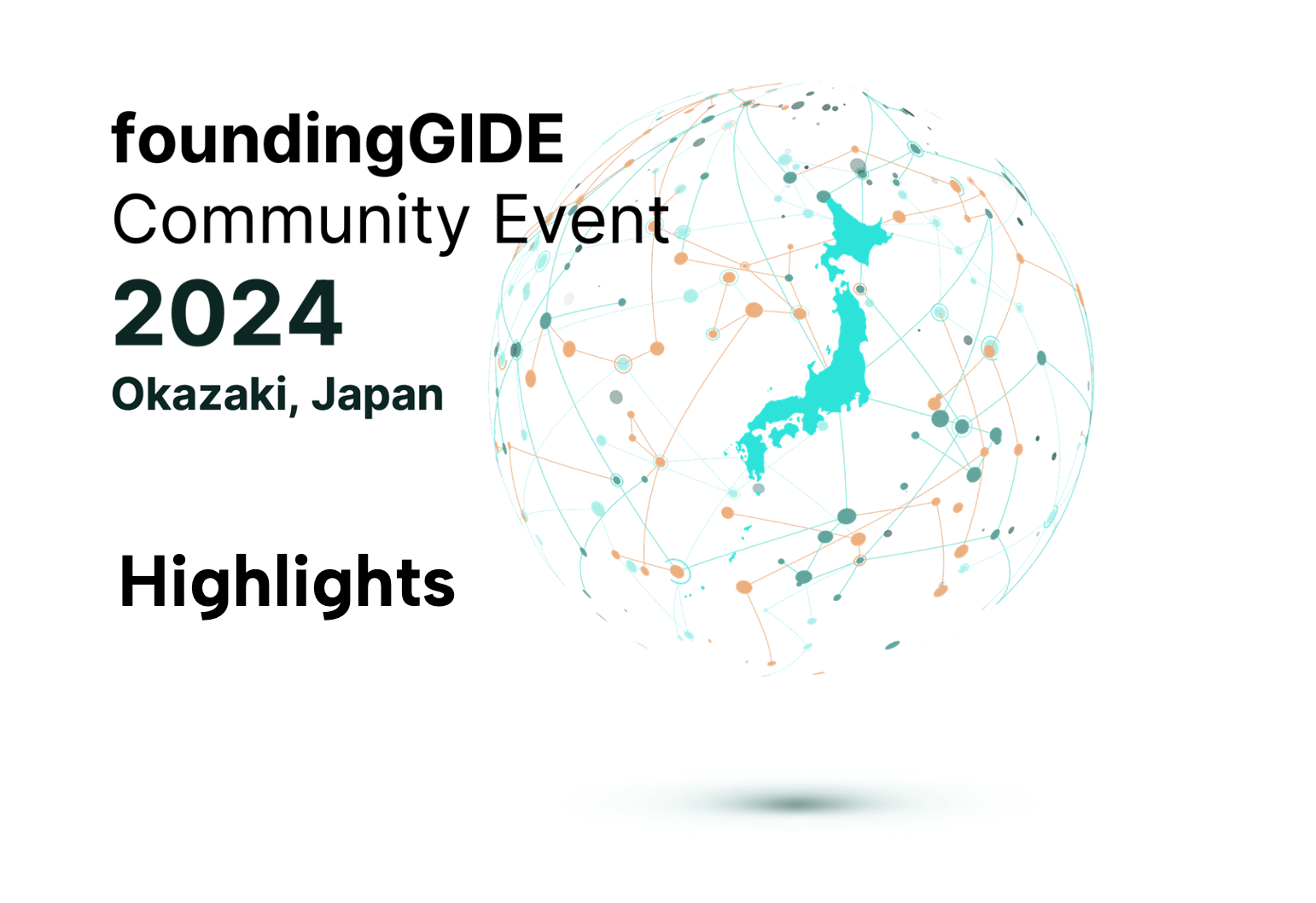
How imaging technologies contribute to UN Sustainable Development Goals (SDGs)
As the UN General Assembly gears up for its 76th Session in New York City this month, the European research infrastructure community is excited about the Science Summit, designed to draw attention to the importance of transparent, open and agile research collaboration to tackle issues like climate change, pandemics and biodiversity loss. The ERIC Forum chair will speak at this event to draw attention to areas where ERICs, such as Euro-BioImaging, are contributing to the United Nation’s 2030 Agenda for Sustainable Development.
Below are just a few examples of research being done at Euro-BioImaging Nodes to contribute to resolving key societal challenges. Imaging technologies are the central platform driving research in most disciplines of the life sciences. Euro-BioImaging ERIC provides open access to the technologies and expertise that support break-through discoveries in health, food security, plant biology and marine ecosystems, thus contributing to UN Sustainable Development Goals.
Good health and well-being:
From shedding light on tumor biology to clinical diagnosis and treatment, imaging technologies are crucial to understanding cancer. From the molecular and cellular biology of DNA replication and repair which is studied at Euro-BioImaging’s Sofia BioImaging Node in Bulgaria to the development of a new imaging-based approach for investigating tumor metabolism at Euro-BioImaging’s Molecular Imaging Italian Node, many of our Nodes contribute to cancer research. Imaging technologies support breakthrough developments that improve human health and well-being.
Imaging technologies are crucial in the fight against COVID-19. They can be used to understand the virus and its variants, identify drug targets, as well as support the development of new diagnostic tools. At Euro-BioImaging’s Phase Contrast Imaging Flagship Node Trieste, a study was performed to understand lung damage in COVID-19 patients, aimed at correlating typical clinical radiological patterns caused by the SARS-CoV2 infection with histopathology.
Climate Action & Life below water:
Coral reefs are home to some of the most biodiverse ecosystems on Earth. But warmer oceans cause harmful change to these delicate environments. Researchers at Israel BioImaging, our Node in Israel, developed underwater microscopes to examine phenomenon such as coral bleaching at the micrometre level. Looking at important biological patterns “up close” is crucial since small-scale processes can drive large-scale ecosystem change.
Chemicals in marine ecosystems are harmful to marine organisms. Scientists at France BioImaging, Euro-BioImaging’s French Node, have developed semi-automatic image analysis algorithms to screen for toxic effects of chemicals on marine invertebrates. This allows for large-scale quantification of development defects in the sea squirt embryos, caused by exposure to different chemicals.
Climate Action & Zero Hunger:
Imaging technologies play a key role in understanding the mechanisms via which plants respond to stress. This aids in designing improved crops for sustainable farming in face of rapid and unpredictable environmental changes. With Fluorescence Lifetime Imaging Microscopy (FLIM) and special probes designed to study biophysical properties of plant cells, researchers from Euro-BioImaging’s Advanced Light Microscopy and Molecular Imaging Node Wageningen, shed new light on plant resilience.
Study of plant biology under different conditions, including warming and drought, provide insight into how plants will react in a changing climate. Scientists at Austrian BioImaging/CMI, our Austrian Node, have designed an inverted microscope and associated software that make it possible to image live plant roots in their natural gravitational environment over a prolonged period of time for developmental, physiological and cell biological studies.
Want to learn more about the excellent science being performed in the Euro-BioImaging community? Read our Annual Report.

More news from Euro-BioImaging


